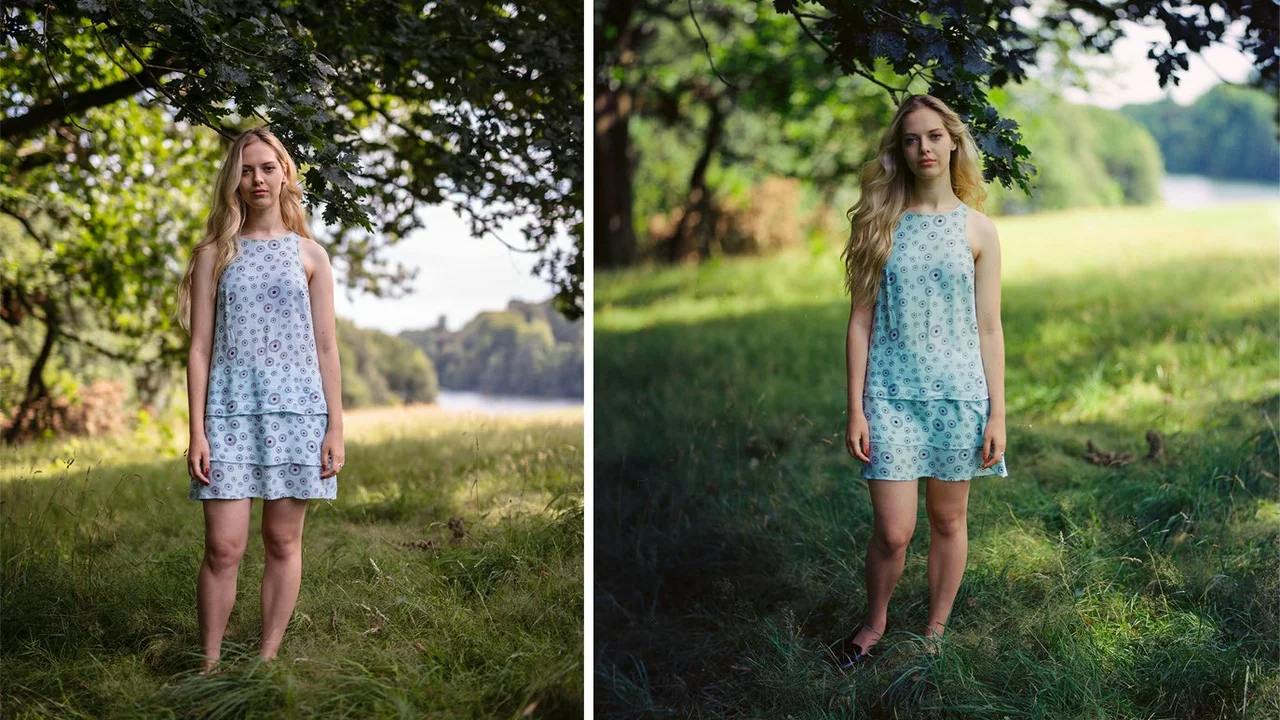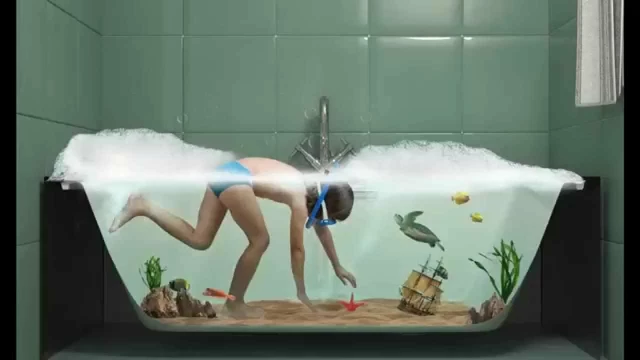The Age-Old Question: Is Film or Digital More Labor-Intensive?
We've all heard it before, the age-old argument that often leaves camera enthusiasts divided into two camps. "Film or digital?" It's enough to ruffle the feathers of even the most seasoned photography veterans. Trust me, I've been there. But in today's discourse, I'd like to narrow down the focus to one specific aspect: photo editing. Does film photography demand as much editing as digital photography? As a blogger and an avid photographer with a hefty mix of film and digital photos in my treasure trove, I'm here to take you deeper into this topic. So, dust off your lens and let's dive in!
The Art of Film Photography: Raw and Unfiltered?
Film photographs have a charm of their own. They're like vintage wines, ripe with nostalgia and providing a rich sensory experience. Glancing at a film photo, you might be engulfed by the rustic warmth and the raw, unfiltered emotions that digital photography often misses. These feelings aren't just random; they're attributed to the way film absorbs light and color.
That said, do film photos require as much editing as their digital counterparts? Well, the most straightforward reply to this would be 'it's complicated.' Similar to the time I tried explaining the process of photosynthesis to my son, Harrison, the answer isn't black and white.
Film photos are typically perceived as less editing-intensive. Why? Well, because they come with their own built-in 'filters.' The type of film you use, the camera, the settings - they all contribute to the resulting image. These variables bring their own romantic touch to the photos. As such, there's not much left to do in the way of post-processing.
Unveiling the Digital Canvas: A Playground for Creativity
Digital photos, on the other hand, are like raw, untamed wild horses, ready to gallop in any direction you steer them. They're a blank canvas, allowing photographers to manifest their creativity. But with such freedom comes responsibility, or in the case of us photography buffs, editing.
I recall an instance when I was teaching my daughter, Lyla, how to use Photoshop. The sheer number of sliders, filters, and tools left her feeling a bit overwhelmed. "You mean to say I can change every single aspect of the photo?" she asked, her eyes wide with wonder. Exactly! With digital photos, your creative boundaries are truly limitless, but this freedom gives rise to the pressing need for more rigorous editing.
Breaking Down The Editing Process: Film vs. Digital
Now, let's break down the editing process for both film and digital photos. Despite what some might think, film photos do require editing. Remember, the high-quality pictures we admire in galleries aren't straight from the negative. They've been lovingly tweaked and adjusted for optimal presentation, much like how my wife expertly arranges our living room for guests.
With film, editing often involves cropping for composure, dodging and burning to manage exposure, and occasional color correction. However, these tweaks are usually fewer and far between than with digital photos. The majority of the work's been done in-camera, with your choice of film, lens, aperture, and such.
The Bottomless Pit of Digital Editing
With digital photos, my friends, we're talking about a whole new league. The editing can range from basic adjustments of contrast, brightness, and sharpness to complex manipulations like altering backgrounds or adding objects that weren't even there to begin with.
Just when you thought you were done, you find a tool you haven't tried, or a filter you haven't applied and down the rabbit hole you go, tumbling into the seemingly bottomless pit of digital editing. Kind of like how I feel when I wander into a hardware store. So many options!
The Final Shutter Click: Striking a Balance Between Both Worlds
So, do film photos need as much editing as digital photos? In the grand scheme of things, the answer leans towards no. However, it's important to remember that each photo, be it film or digital, tells its own story. Each capture is unique and requires a unique, tailored approach to be presented in its best light.
For me, photography is passion-driven - a magical blend of science and art resulting in visual masterpieces. Whether you're capturing a scene with film or digitally, there's something incredibly fulfilling about refining it through editing. It's like putting the final garnish on a carefully prepared dish. It simply ties everything together.
And that’s my take on this fascinating world of film and digital photography. Whether you’re an aspiring photographer, a seasoned pro, or simply someone who can’t resist a good Insta click, I’m sure you’ll have your unique interpretation of what I’ve shared. And that, in essence, is what photography is all about. Perspective.





Write a comment